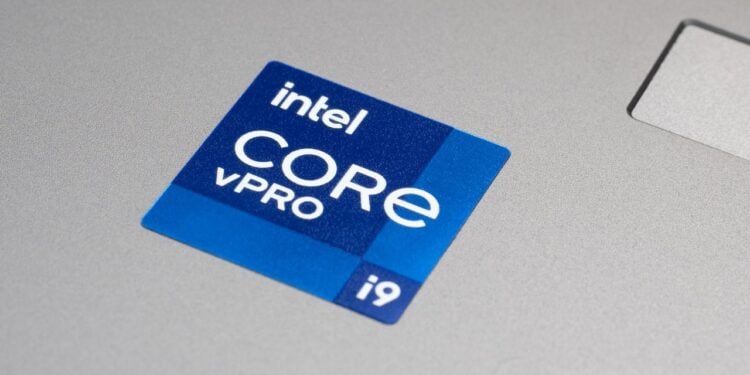Intel Corporation has begun notifying approximately 1,300 employees at its Gordon Moore Park facility that they will need to leave their positions by next month. This significant job cut is part of the company’s broader strategy to reduce its global workforce by over 15% as it seeks to recover from substantial financial losses, reports Oregon Public Broadcasting.
This latest round of layoffs will impact more than 5% of Intel’s workforce in Oregon, potentially marking one of the largest layoffs in the state’s history. The 1,300 employees affected by the current notification represent less than half of the company’s overall reduction target.
In addition to these layoffs, many employees have opted for voluntary severance, buyouts, and early retirement, which could push the total number of departures beyond 3,000 if cuts are applied uniformly across the company.
Certain divisions are experiencing more severe cuts, particularly the Sales and Marketing Group (SMG), which is facing a staggering 35% reduction in costs. While Intel has not disclosed the specific number of job losses in SMG, the budget cuts threaten numerous positions and programs.
The San Francisco Chronicle also reports Intel made a regulatory filing in the state of California on Tuesday to announce plans to cut more than 300 jobs from its Bay Area offices.
Mounting Financial Struggles
Intel’s financial difficulties were highlighted during its quarterly earnings call in August, revealing a $1.6 billion loss attributed to its struggle in the AI market and setbacks with its 13th and 14th-generation CPUs. In response, the company is implementing asset cuts and pausing several projects to stabilize its finances.
There are also reports suggesting that Qualcomm may be considering an acquisition of part of Intel’s business, adding to the uncertainty surrounding the company’s future. In an effort to bolster its position, Intel is looking forward to receiving $8.5 billion in direct funding from the federal government under Washington’s CHIPS Act, which could provide much-needed financial relief.
Additionally, the company is set to receive a $3 billion award for its Secure Enclave initiative, aimed at supporting its latest 18A chips for the Pentagon.
As Intel navigates these challenging times, industry observers hope for a turnaround, particularly as it competes with rivals like Nvidia, AMD, and Qualcomm.



 Dr. Gleb Tsipursky – The Office Whisperer
Dr. Gleb Tsipursky – The Office Whisperer Nirit Cohen – WorkFutures
Nirit Cohen – WorkFutures Angela Howard – Culture Expert
Angela Howard – Culture Expert Drew Jones – Design & Innovation
Drew Jones – Design & Innovation Jonathan Price – CRE & Flex Expert
Jonathan Price – CRE & Flex Expert












